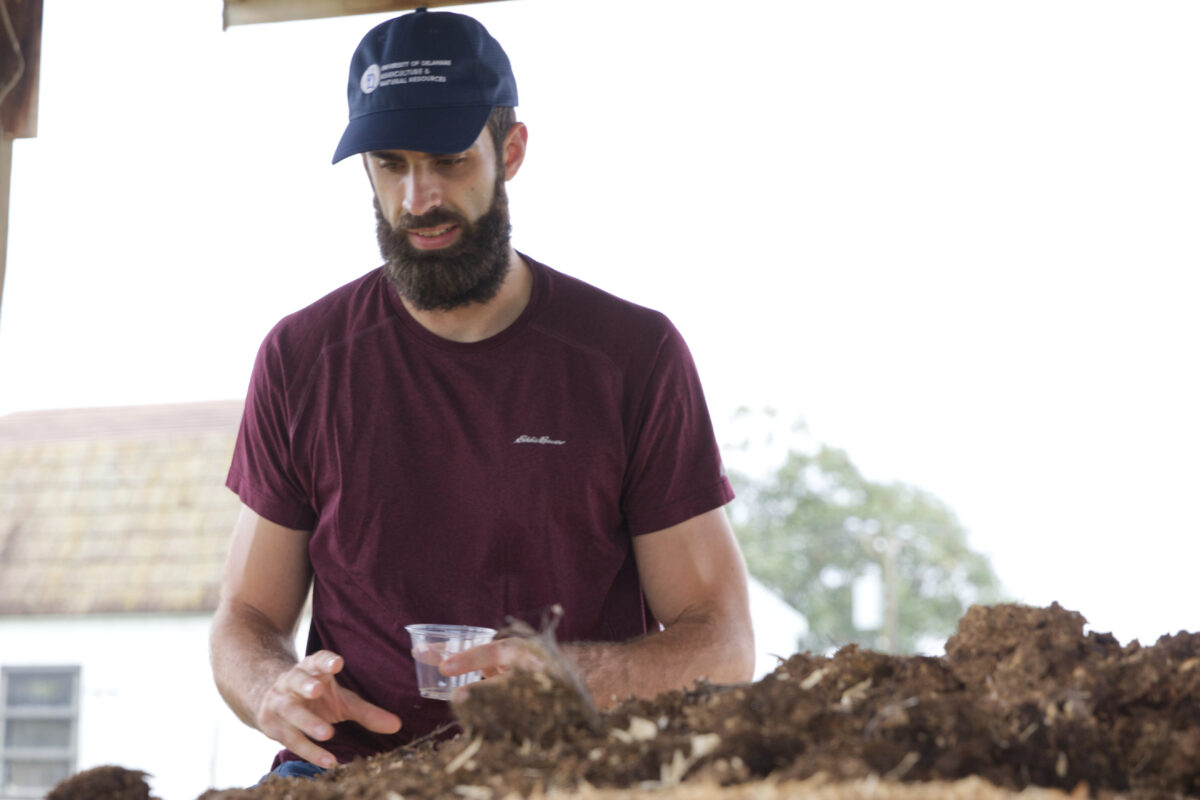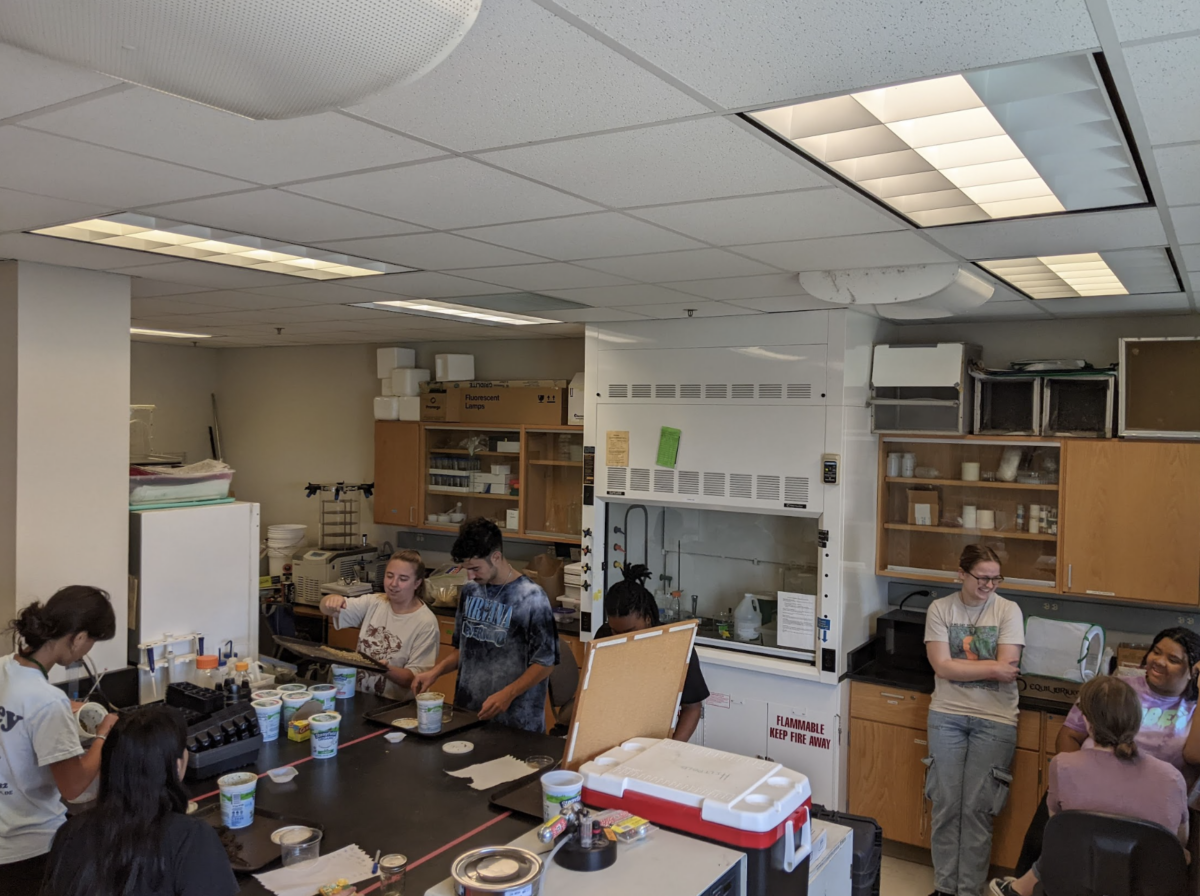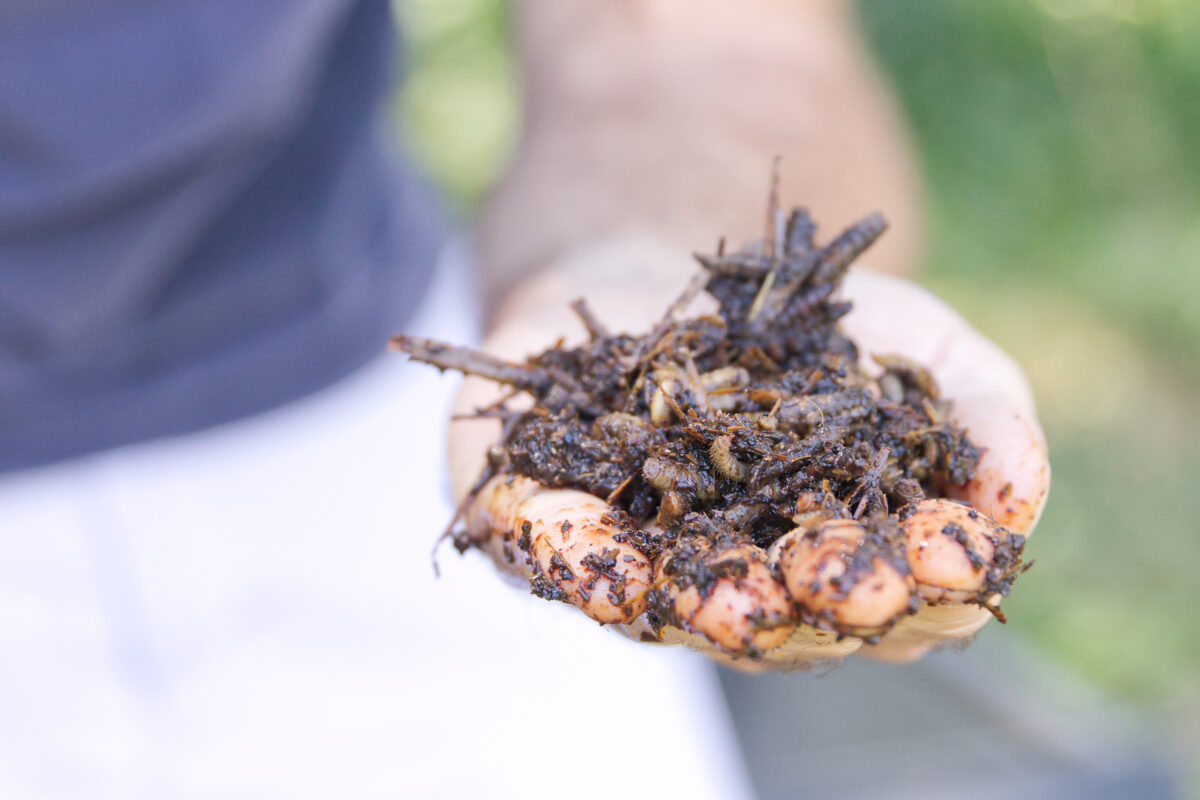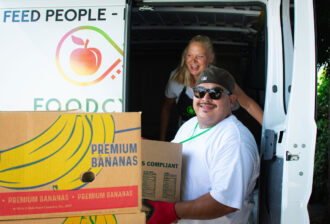About this project
Equipping communities to upcycle food waste with insect allies (FLW24-005)
Dr. Michael Crossley, University of Delaware - $308,306
This project will pilot an approach to insect-assisted waste upcycling in the urbanized northeast United States to equip communities with knowledge and experience to partner with insects to recapture lost food and transform it into animal feed and soil amendments.

Our project is really focused on demonstrating a process, and then getting the word out and making it as accessible as possible to a broad audience. The process that we want to demonstrate involves upcycling food waste with the help of some insects, particularly black soldier flies, whose larvae are very capable of converting a great variety of organic waste streams into insect protein for animal feed. At the same time they also produce frass, the leftovers of decomposition, which can be used as a soil amendment in your garden or your farm.
We’re going to demonstrate this process on University of Delaware’s Newark farm, using campus food waste and local brewery waste, and invite a variety of groups to visit and learn about how they might replicate the process in their organizations, schools, farms, and homes.


We will also develop a smartphone app that will help a variety of users learn the process, and then track the different amounts and types of food waste that they upcycle using this approach wherever they are, whether it be in an individual, family, or organization. We’re excited to see this approach multiply and expand, and contribute one of the many solutions to this food waste problem.
